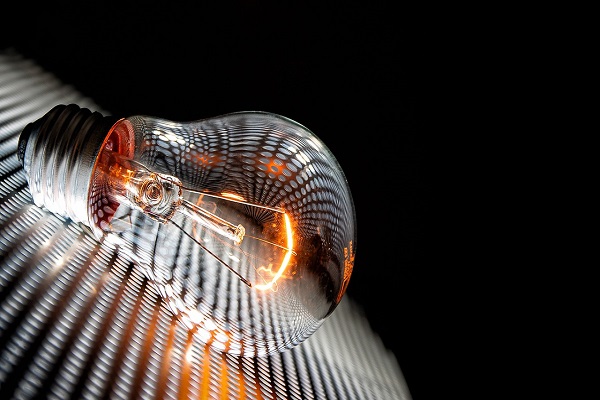Reducing household energy consumption is not only good for your wallet but also beneficial for the environment. With rising energy costs and growing concerns about climate change, optimizing energy use at home has become a priority for many households. The good news is that saving energy doesn’t have to be complicated. This guide will cover practical energy-saving tips that will help you lower utility bills and reduce your carbon footprint.
1. Switch to Energy-Efficient Appliances
One of the most effective ways to save energy at home is by using energy-efficient appliances. Look for appliances with the Energy Star label, as they consume significantly less power than older models. Whether it’s refrigerators, washing machines, or air conditioners, these appliances help lower your household’s overall energy consumption. Though they may have a higher upfront cost, the long-term savings in energy bills will more than make up for it.
2. Install LED Lighting
Traditional incandescent bulbs use more energy and have a shorter lifespan compared to modern LED lights. Replacing your old bulbs with LED lighting can save up to 80% on lighting costs. LEDs last up to 25 times longer and use significantly less electricity, making them a simple and effective solution for reducing energy consumption.
3. Use Smart Thermostats
Smart thermostats are excellent for controlling your home’s heating and cooling systems. They allow you to program temperatures based on your schedule, ensuring that your home is only heated or cooled when necessary. Smart thermostats can even learn your preferences over time, optimizing temperature settings to save energy. This small investment can lead to significant savings on heating and cooling costs.
4. Seal and Insulate Your Home
Poor insulation can cause heat to escape during the winter and let hot air in during the summer, making your heating and cooling systems work harder. Insulating your attic, walls, and windows can significantly reduce energy loss, leading to lower energy bills. Sealing gaps around windows and doors with weatherstripping or caulk is a quick way to prevent drafts and improve energy efficiency.
5. Unplug Electronics When Not in Use
Many electronics continue to draw power even when they are turned off, a phenomenon known as “phantom energy.” Unplugging devices like chargers, computers, and televisions when not in use can reduce this wasted energy. Alternatively, using smart power strips can automatically cut off power to devices that are not in use, saving you from having to unplug everything manually.
6. Upgrade to Energy-Efficient Windows
Old, single-pane windows can be a significant source of heat loss. Upgrading to double-pane or energy-efficient windows can drastically improve your home’s insulation, keeping it cooler in the summer and warmer in the winter. This reduces the need for heating and cooling, ultimately lowering your energy bills.
7. Wash Clothes in Cold Water
Heating water for laundry can use a large amount of energy. By switching to cold water for most of your laundry cycles, you can save energy without sacrificing cleanliness. Modern detergents are designed to work just as well in cold water, making this a simple way to cut energy costs.
8. Maximize Natural Light
Maximizing natural light in your home can reduce the need for artificial lighting during the day. Keep blinds and curtains open during daylight hours to take full advantage of sunlight, especially in rooms where you spend the most time. This simple tip not only reduces electricity use but also creates a more pleasant living environment.
9. Use Ceiling Fans Effectively
Ceiling fans are a great way to circulate air and reduce the need for heating or cooling. In the summer, set the fan to rotate counterclockwise to create a breeze that cools the room. In the winter, switch it to clockwise to push warm air down from the ceiling. By using ceiling fans strategically, you can reduce reliance on your HVAC system.
Start Saving Energy Today!
Implementing these energy-saving tips can help you lower your household’s energy bills and contribute to a more sustainable future. Begin by making small changes, like switching to LED lights or using a smart thermostat, and watch the savings add up over time.
We hope you found our energy-saving tips useful and are inspired to make some changes around your home. If you have any questions about the tips shared in this blog or need more personalized advice, don’t hesitate to reach out. Our team is here to help you make informed decisions that will reduce your energy consumption and save you money in the long run.
Whether you’re looking for specific product recommendations, troubleshooting assistance, or have feedback on our content, we’d love to hear from you. Reach out to us via our contact form, email, or phone, and one of our experts will get back to you as soon as possible. Together, we can help make your home more energy-efficient and environmentally friendly!


 Your Local Reliable Electrician That You Can Trust
Your Local Reliable Electrician That You Can Trust 